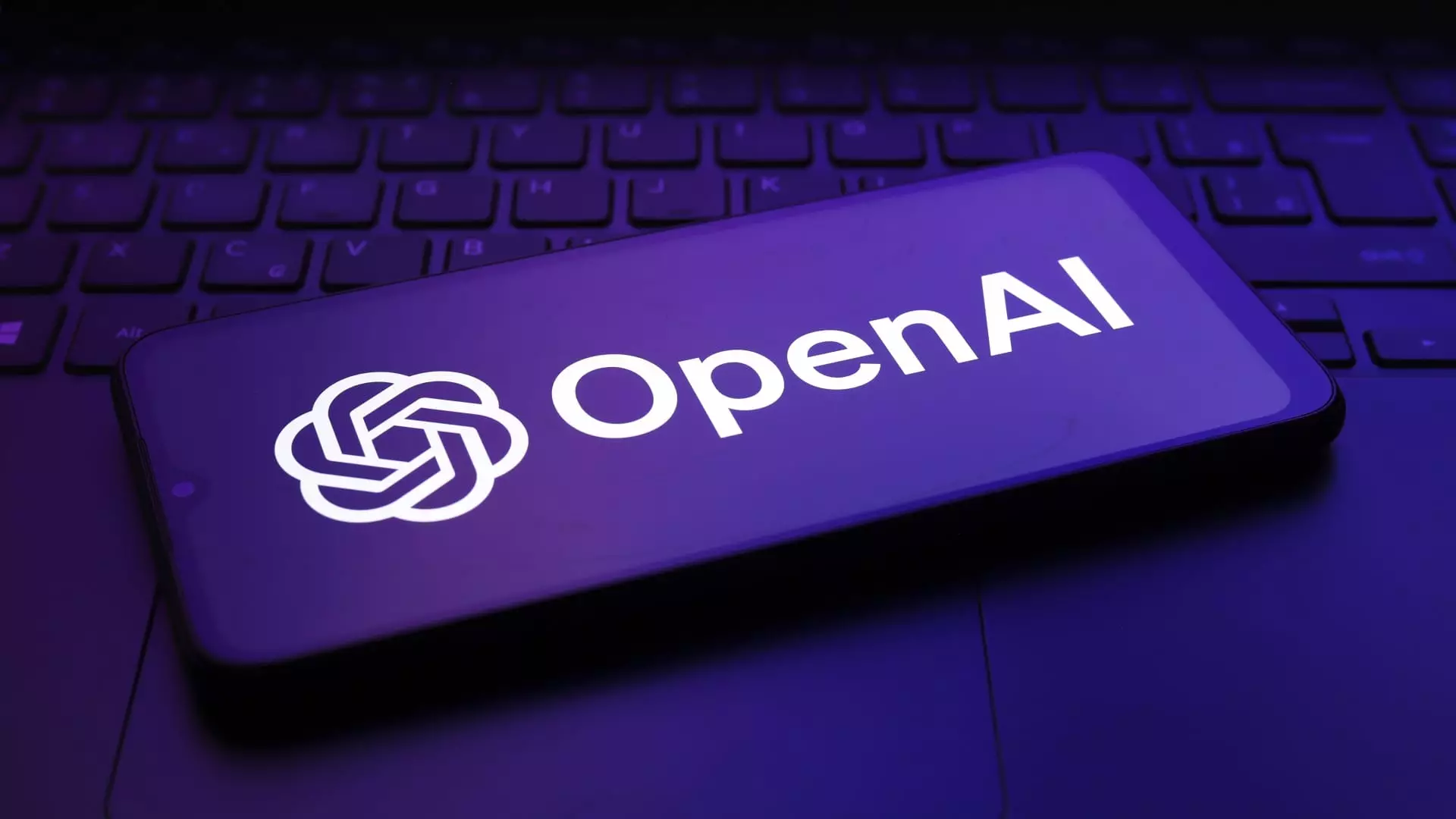The tech industry was recently shaken by the news of Suchir Balaji’s untimely death at the age of 26. Once a researcher at OpenAI, Balaji raised significant concerns regarding the ethical implications of artificial intelligence technologies, particularly regarding the usage of copyrighted material in AI models. His departure from the company not only left a void but also brought to the forefront questions surrounding intellectual property rights in the rapidly growing field of AI. His death has raised awareness about not just personal struggles associated with the relentless pace of technology development, but also the overarching concerns regarding the industry’s future.
Balaji’s concerns about OpenAI’s methods highlight an ongoing debate in the tech community: the balance between technological advancement and ethical integrity. In his discussions with various media outlets, he expressed a deep belief that the development of AI tools like ChatGPT could undermine the livelihoods of content creators and disrupt established industries. His statements reflected a broader unease within the industry, where the line between innovation and ethical responsibility often becomes blurred.
Reminiscing about Balaji’s viewpoint, it is clear that he felt a moral obligation to challenge the status quo. His resolve to leave the company after voicing these concerns indicates that he prioritized ethical considerations over professional allegiance, which is commendable yet tragically illustrated by the consequences he faced. His passing speaks volumes about the mental health struggles that can accompany conflict between personal values and corporate objectives, a narrative that resonates with many in high-pressure environments.
Following Balaji’s death, the discourse surrounding AI and copyright has garnered renewed attention. OpenAI’s ongoing legal battles over the alleged use of copyrighted materials without consent add complexity to the narrative that Balaji was part of. His warnings about the consequences of AI on the creative industries were not just personal grievances; they were a call to action for the industry to evaluate its practices critically. The fact that high-profile entities like OpenAI are embroiled in litigation serves to underline the issues Balaji spoke out against, signifying that these are not just individual concerns but collective challenges facing society.
In the wake of this tragedy, it is essential for the tech community to pause and reflect. Balaji’s death can serve as a crucial wake-up call for companies to prioritize the mental health of their employees and foster environments where ethical dilemmas can be openly discussed. Organizations must take stock of the impact their innovations have on society, particularly those most vulnerable to disruption by technology.
The passing of Suchir Balaji is a stark reminder of the human element behind technology and the pressing need to integrate ethical considerations into the corporate ethos of tech giants. Companies like OpenAI must reevaluate their approach to innovation, ensuring that they are not only advancing technological boundaries but also safeguarding the rights and well-being of all creators—an alignment that Balaji passionately advocated for during his time.


Leave a Reply